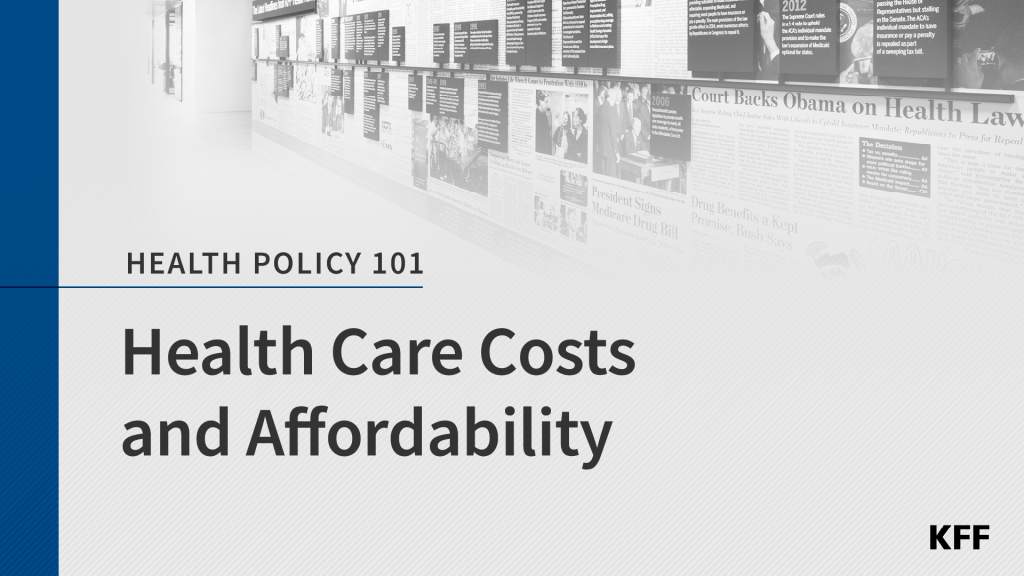How an ACA Premium Spike Will Affect Family Budgets, and Voters
In his latest column, President and CEO Dr. Drew Altman shows how spiking premiums, which may come if the enhanced ACA tax credits are not extended, will hit people in the context of their family budgets, alongside rising costs for food, housing and utilities. For some families, their new health care costs could far exceed what they pay for food, affecting their economic security and potentially their vote.
